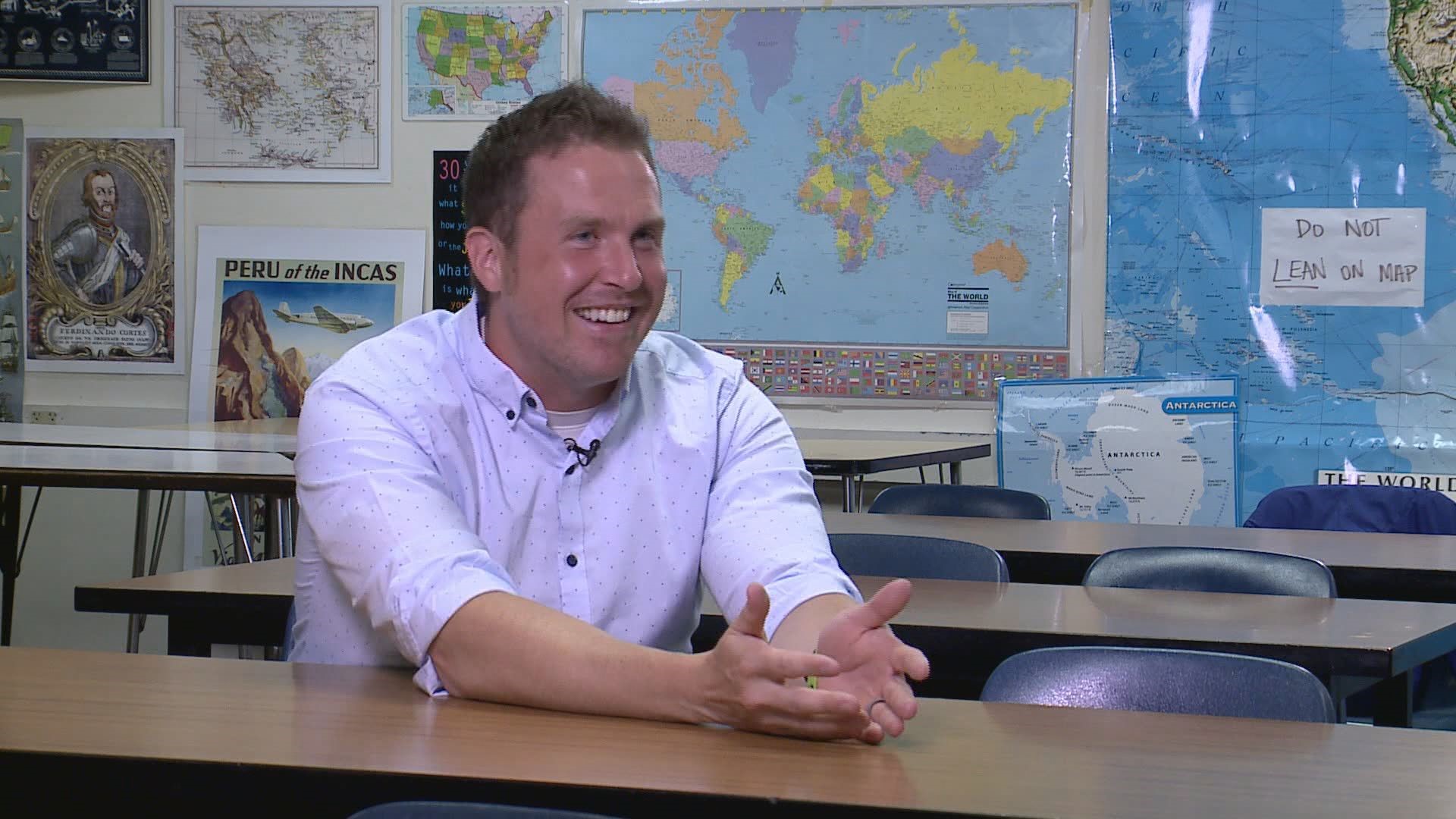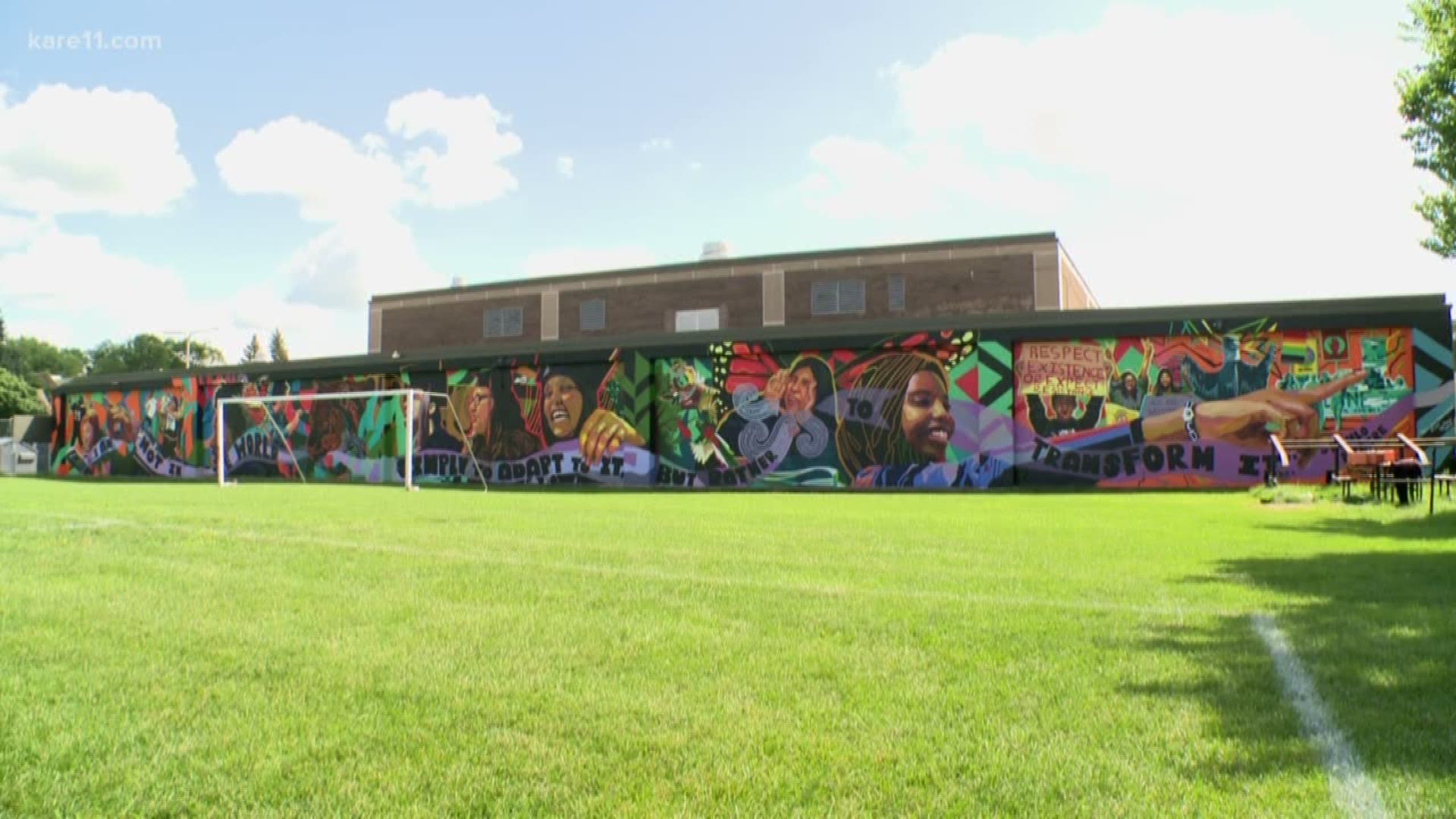GOLDEN VALLEY, Minn. — One week from today, most metro area school districts will start the new school year.
But what if your kid hasn't picked up a pencil in months?
While it's impossible not to learn anything over the summer, the term "summer brain drain" refers to the loss of academic skills while away from school.
To help students get back up to speed in these final days of summer, local teachers, counselors, and administrators are sharing their advice.
Mike Cunningham is an eighth grade global studies teacher at Richfield Middle School.
"It's not like, 'Well, we only have a week left and we read zero books so now just don't read,' Cunningham said. "Read a book together!"
Hans Ott, assistant superintendent of St. Paul Public Schools' Office of Teaching and Learning, suggests spending 30 minutes on reading per day.
Everyday life experiences can also help get the wheels turning, Ott says, and parents can try to inspire their kids to use their minds by asking open-ended questions.
"You're picking fruits and vegetables in the yard and you talk about different parts of the plant," he said. "Or ask the kid, 'Why might this part of the plant be the way it is?'"
"Maybe do some brain teasers together," Cunningham added. "It can be fun. It can be even board games."
Jill Hartmann teaches high school science at the FAIR School in downtown Minneapolis, and her husband is a second-grade teacher.
"Even having them count like random objects so that they can get that number sense again," Hartmann said. "'How many crayons are in this box' or 'how many dogs did we see on our walk?'"
With that being said, it's okay if they can't remember Newton's laws, the square root of 60, or other lessons from last year.
"Kids, they come in and they're not so confident," Hartmann said. "They think they forget everything so it just takes prompting and telling the kids like, 'Oh no you know this.'"
Cunningham says it's his role to understand the way each kid learns.
"Take each kid and make sure they're getting what they need to become better than they were," he said. "With some kids, if that's re-teaching at the beginning of the year, then that's re-teaching at the beginning of the year."
The main message? It's more important to reintroduce routines and get mentally prepared for school than to cram facts.
"Be thinking about going back to school," said Sue Braithwaite, supervisor of K-12 Literacy with St. Paul Public Schools. "'Where's the bus stop? What are they going to have for lunch?' Setting up homework stations. Or, 'What is homework going to look like?'"
She also suggests parents have conversations with their kids to "promote that school is an exciting time."
Lisa Dornacker, a counselor at the FAIR school, says practicing going to bed earlier and setting an alarm is key.
"Even if they're not ready for us yet, we're going to make sure they have a good experience their first few days," she said.


